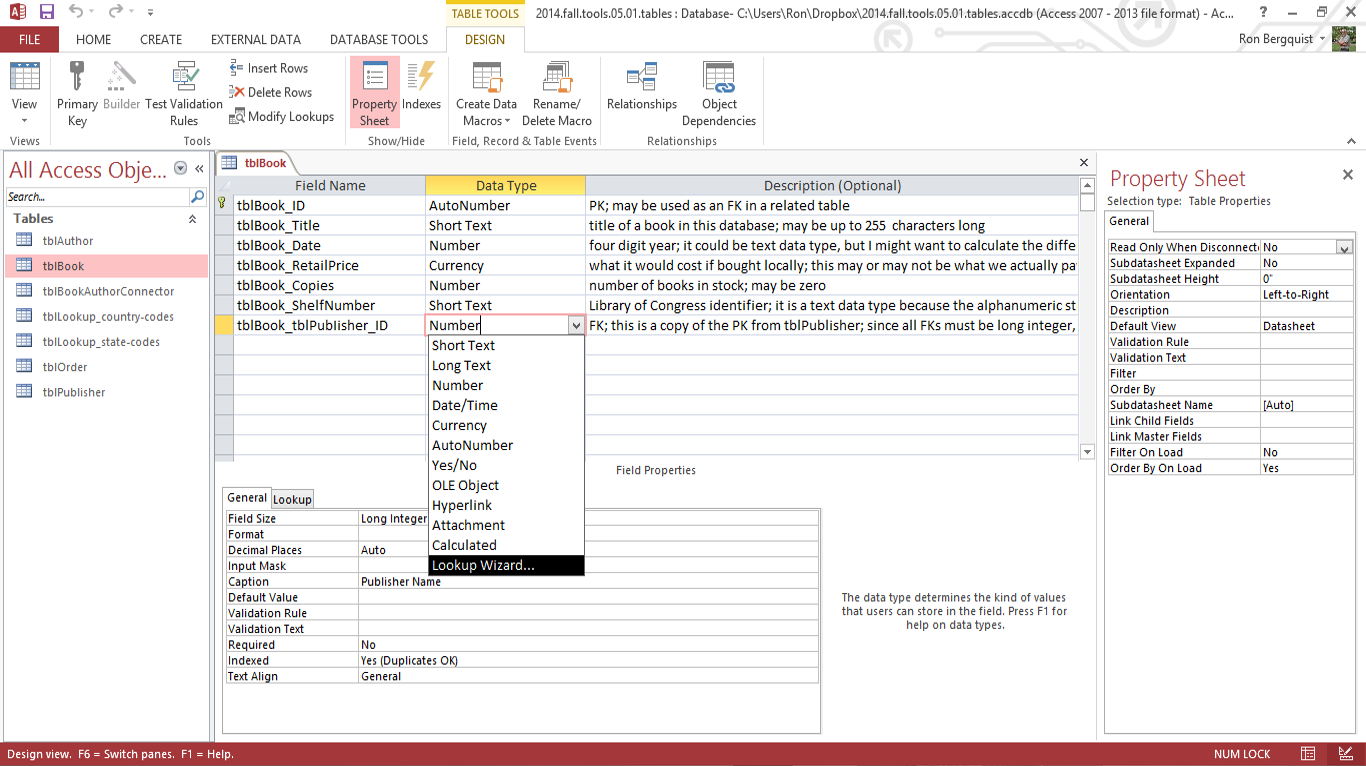
hr policies for discipline suspension and termination at fedex
Introduction:
FedEx, one of the world’s largest logistics and transportation companies, has built a reputation for efficiency and customer service. However, like any major corporation, it has established a comprehensive set of HR policies for discipline, suspension, and termination to maintain workplace order, productivity, and compliance. Understanding these policies is critical for employees to navigate their roles effectively and avoid potential pitfalls that can lead to suspension or termination. We aims to provide an in-depth look at FedEx’s suspension and termination policies, how they affect employees, and what to do if faced with disciplinary action.
FedEx’s HR Policies for Discipline, Suspension, and Termination:
FedEx’s HR policies for discipline, suspension, and termination are designed to ensure that the company’s operations run smoothly while promoting fairness and transparency. These policies are structured to provide clear guidelines on acceptable behavior, performance expectations, and the consequences for not meeting these standards. Employees who fail to adhere to these policies may face disciplinary action, ranging from verbal warnings to suspension and, in extreme cases, termination.
The company’s policies cover a broad range of employee behavior, including misconduct, violation of safety regulations, repeated poor performance, and ethical breaches. FedEx aims to address these issues in a progressive manner, often starting with warnings or counseling and escalating to more severe actions if necessary.
Types of Suspension:
Suspension is a common disciplinary action at FedEx, and it can be categorized into two types: paid suspension and unpaid suspension. The nature of the suspension typically depends on the severity of the misconduct or issue involved.
- Paid Suspension: This is typically used when an employee’s conduct is under investigation. During this period, employees remain on the payroll but are not allowed to work. The purpose of a paid suspension is to provide the company with time to assess the situation without putting undue pressure on the employee or business operations.
- Unpaid Suspension: If the misconduct is deemed serious but not immediately warranting termination, employees may face an unpaid suspension. This serves as both a disciplinary action and a deterrent for future violations. Unpaid suspensions are often given as a last resort before termination and can vary in length depending on the nature of the violation.
The length and type of suspension will typically be communicated to the employee, and there is usually an opportunity for the employee to appeal or respond to the suspension before it is finalized.
Grounds for Suspension:
At FedEx, suspensions are issued for various reasons, including but not limited to:
- Violation of company policies: This includes breaches of workplace behavior, safety regulations, or ethical conduct.
- Excessive absenteeism: Consistent tardiness or failure to report to work on time without valid reasons can lead to suspension.
- Substance abuse: Employees who are found to be under the influence of drugs or alcohol while on duty may face suspension.
- Poor performance: Failure to meet the company’s standards for job performance over an extended period, despite warnings or coaching, can lead to suspension.
- Harassment or discrimination: Any form of harassment or discriminatory behavior towards other employees or customers is treated seriously and may result in immediate suspension.
The Termination Process at FedEx:
Termination is the most severe action an employer can take and is typically the last resort. FedEx follows a structured process to ensure that terminations are justified and lawful. It generally involves several steps, with a focus on providing employees with the opportunity to correct their behavior before termination is considered.
Steps Leading to Termination:
- Verbal and Written Warnings: In most cases, FedEx will provide multiple warnings before terminating an employee. These warnings are issued for issues such as poor performance, attendance problems, or violations of company policies. A verbal warning is typically the first step, followed by a written warning if there is no improvement.
- Performance Improvement Plan (PIP): For performance-related issues, FedEx may implement a PIP. This formal document outlines the areas where the employee is underperforming and provides a clear timeline for improvement. If the employee fails to meet the goals outlined in the PIP, they may face termination.
- Final Written Warning: Before termination, a final written warning is issued. This step informs the employee that they have reached the final stage of discipline and that further violations or lack of improvement will result in termination.
- Termination: If no improvement is made after warnings, suspensions, or PIPs, the employee may face termination. This decision is typically reviewed by management to ensure that it is fair, justified, and complies with labor laws and internal policies.
At-Will Employment:
It’s important to note that most FedEx employees are considered “at-will” employees. This means that the company or the employee can terminate the employment relationship at any time, with or without cause, as long as it doesn’t violate any specific contractual agreements or local labor laws. However, even in an at-will arrangement, FedEx strives to apply discipline fairly and consistently, based on their HR policies.
Employee Rights and Appeal Process:
Employees who feel that they have been unfairly suspended or terminated have the right to appeal the decision. FedEx has a structured appeal process that allows employees to contest suspensions or terminations. Typically, the employee can present their side of the story in a meeting with HR or management. If the employee believes their dismissal was unjust, they may also seek legal counsel or file a grievance with the relevant labor board or union (if applicable).
FedEx emphasizes a commitment to fairness and compliance with legal requirements, ensuring that the disciplinary process is not only transparent but also just for all employees.
Conclusion:
FedEx’s HR policies for discipline, suspension, and termination are designed to maintain order and fairness while ensuring employees understand the consequences of their actions. Whether facing suspension or the threat of termination, employees should be aware of the company’s progressive discipline approach and take proactive steps to correct any issues before they escalate. Understanding the processes and being aware of your rights as an employee can help protect your career and ensure that you remain in good standing at FedEx. If in doubt, always seek clarification from HR or your supervisor on the company’s policies to avoid any potential missteps.
























